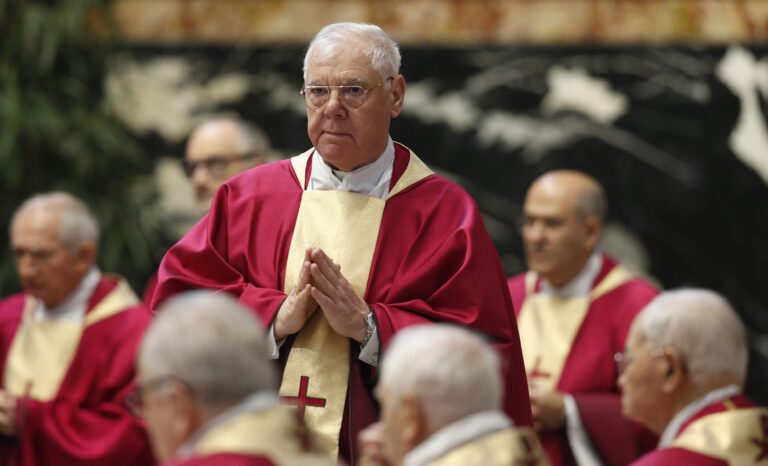German Cardinal Gerhard Ludwig Mueller has accused the Vatican of not taking a clear enough position in opposing the resolutions adopted in the Synodal Path reform project. “They have underestimated the whole process and the ‘furor teutonicus’ from the beginning, so that one has to draw historical parallels,” Mueller told the German Catholic weekly Die Tagespost. He referred to the time of the Reformation in the 16th century when Rome was partly responsible for the apostasy of large parts of the Catholic Church throughout northern Europe.
The responsible authorities in the Vatican were deluding themselves about the German situation, Mueller continued, and were not fulfilling their responsibility for the unity of the Church vigorously enough. The former head of the Vatican’s Office for the Doctrine of the Faith spoke of a “creeping German schism” for which the bishops would have to answer before their ultimate judge, “even if they think they can get away with it at the Last Judgement by referring to majority decisions”.
Mueller accused the reform forces in Germany of breaking some fundamental rules of Church doctrine. The decision to allow the blessing of same-sex couples, for example, was formally invalid and “heretical in content”, he said.
The cardinal also criticised Pope Francis himself for never explaining his understanding of synodality. Rather, he leaves everything “very wide open, so that everyone can imagine whatever they want”, the cardinal said. The Church was founded by Jesus Christ, and the Pope was not the master of the church, who could choose to introduce a different model tomorrow.
The Pope and theologians could try to make certain aspects clearer, Mueller conceded. However, it is not possible to move from a hierarchical, sacramental constitution of the church to a “synodal, i.e. quasi-democratic constitution and thus to popular rule in the political sense”.
Originally reported by KNA Germany.



